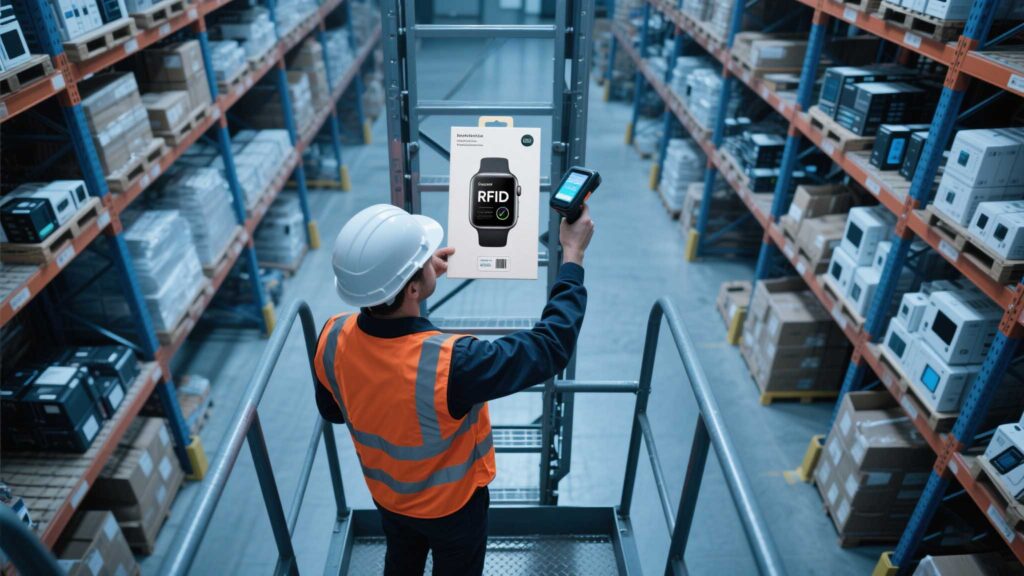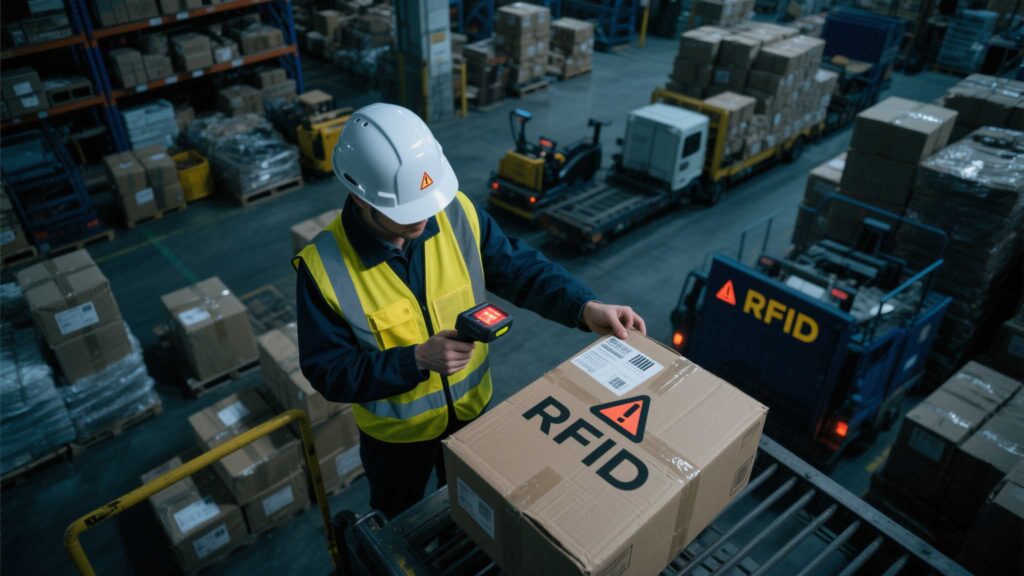How to Track Shipping Containers with Long-Range RFID Readers?
450Learn how to track shipping containers globally using long-range RFID readers. Discover Cykeo’s solutions for real-time visibility, anti-tampering, and supply chain efficiency.
MoreAll RFID Product
Handheld RFID scanners aren’t just about speed—they’re critical tools for mitigating security threats in industries from healthcare to logistics. While RFID technology streamlines operations, it also introduces vulnerabilities like data interception, counterfeit tags, and unauthorized access. Here’s how modern scanners address these risks and protect your business.

Risk: Hackers can intercept unencrypted RFID signals to steal sensitive data (e.g., patient records, product info).
Solution:
Example: Cykeo’s scanners use military-grade encryption to protect pharmaceutical supply chain data.
Risk: Fake RFID tags can redirect shipments, falsify inventory, or smuggle goods.
Solution:
Impact: Luxury retailers using RFID report 90% fewer counterfeit incidents.
Risk: Stolen scanners or hacked tags grant access to restricted areas.
Solution:
Risk: Malicious actors tamper with RFID-tagged shipments in transit.
Solution:
Stat: Companies using RFID with blockchain cut supply chain fraud by 65%.

Risk: Unsecured healthcare or retail RFID systems expose personal data.
Solution:
Risk: Scanners or tags damaged to disrupt operations.
Solution:
Takeaway: Handheld RFID scanners are powerful allies in combating modern security threats—but only when paired with robust encryption, access controls, and proactive monitoring. Brands like Cykeo integrate these safeguards into their devices, but ultimately, security hinges on vigilant practices. Whether safeguarding patient data or securing high-value shipments, a layered approach turns potential risks into managed priorities.
Learn how to track shipping containers globally using long-range RFID readers. Discover Cykeo’s solutions for real-time visibility, anti-tampering, and supply chain efficiency.
MoreLooking at handheld RFID reader prices? Here’s a real-world take on costs, features, and why the CK-B3L from Cykeo works in messy, unpredictable warehouse conditions.
MoreHigh Frequency (HF) RFID automatic identification technology is driving the intelligent transformation of various industries. It is widely used in logistics, retail, healthcare, and many other fields.
MoreCan RFID readers withstand extreme cold or heat? Discover how industrial-grade designs ensure reliability in freezing or scorching environments.
More